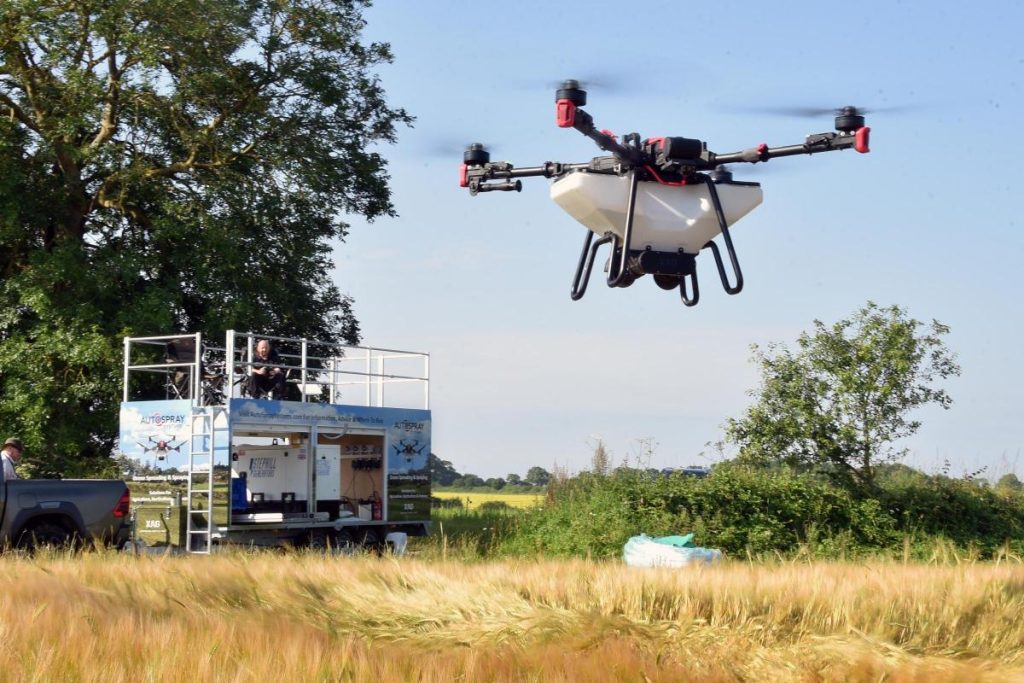We have welcomed tech with open arms.
Can you remember what it was like to navigate with a map rather than satnav, to look up information in a book rather than Google, to consult records in a notebook rather than on a screen?
Several recent instances in my sphere of work show that what makes a difference isn’t just technology, but the ambition and mindset behind those using it.
Using Artificial Intelligence intelligently
One example is from the payment plan firm Klarna. Two years ago, they announced that to reduce costs and increase efficiency Artificial Intelligence (AI) chatbots had replaced 700 customer service employees.
But the focus on cost cutting, rather than improving customer experience, meant the AI wasn’t able to deal with complex customer queries.
Klarna is now hiring staff again and is looking to significantly improve their customer service by combining AI and human intelligence.
This shows that the best results come from investing in technology as well as people. With the rapid evolution of AI it’s worth staying curious rather than writing it off too soon.
My next example is how humans, sometimes making use of AI, can deliberately cause chaos to digital platforms that businesses and consumers rely on. Hackers targeted M&S, the Co-op and logistics firm Peter Green Chilled.
Technology can be used for good as well as bad, so the processes around our digital systems must be robust. Security, governance and training are critical to managing digital systems well.
Digital divide
My third example is how technology can come coupled with a sense of isolation.
It comes from AF Member Richard Ling who is taking part in Fresh AF, our programme of inspiring events and opportunities to broaden horizons and understanding.
He and the other 15 agri-professionals in Fresh AF were invited to make a short film about a challenge they face.
In the machinery shed, at what looked like the end of a long working day, Richard reflects on how cabs of farm machinery come packed with technology to measure, monitor, control, and make it possible to cover a lot more ground and a lot more field tasks in a day.
However, he asks whether farming – which does not have a great track record for being conducive to good mental health – has recognised how important it is to keep farm staff up to date with training to make best use of the tech tools and the support so they do not get stuck lone working with only tech for company.
Technology taking business to higher level
Technology, when used well, is proving to be a valuable partner in helping AF Member businesses to progress.
From a member in Devon I heard how investment in a new timber drying system gives them a new product to sell.
From a dairy farming Member in Leicestershire, I saw how a cow health and hygiene monitoring app is significantly saving costs.
From a premium salad leaf producer Member in Warwickshire we were shown how digital recording of when Pak Choi is cut and laid in crates feeds straight into the cool chain for supply to retailers.
We’re not going back to the pre-digital world, for farming or for life, and nor should we. Rather than fear technology, we should engage with it more consciously, questioning how and why we use it, and using it to strengthen our unique human capabilities not just the bottom line.
Samantha Barrell (Image: AF Group)

